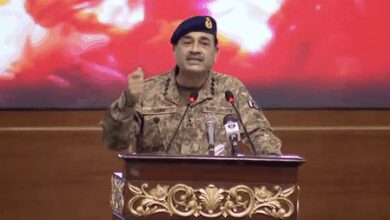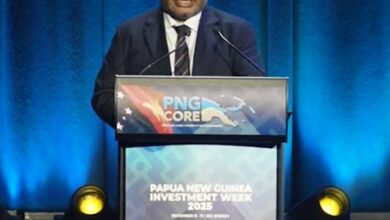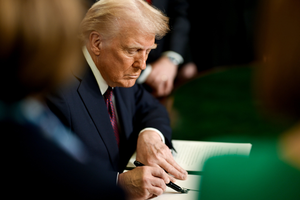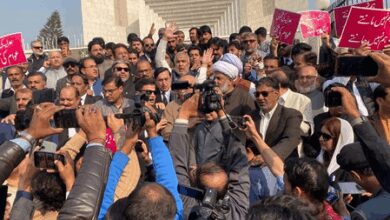WHO sounds alarm over ‘sharp increases’ in HIV cases in Philippines, Fiji, Papua New Guinea

Manila, Oct 24 (IANS) The World Health Organisation (WHO) in the Western Pacific region has raised an alarm about the “sharp increases” in Human Immunodeficiency Virus (HIV) cases in the Philippines, Fiji, and Papua New Guinea in recent years, “with implications for national and regional security.”
At Wednesday’s meeting in Fiji that brought together ministers of health from the 38 countries and areas in the Western Pacific Region, as well as civil society and development partners, the WHO and UNAIDS Asia-Pacific convened to confront the region’s HIV crisis amid growing national epidemics and seek solutions to accelerate progress on HIV prevention.
In Fiji, the meeting noted that new infections have increased tenfold over the past decade, including a massive spike in 2024. Injectable drug use has been identified as a major factor, with potential spillover of infections to other Pacific island countries.
From 2010 to 2024, they also noted that new infections rose roughly sixfold in the Philippines, with gay or bisexual men most affected.
This June, the government of Papua New Guinea declared HIV a national crisis in response to rising infections among women of reproductive age and children.
“Alongside gaps in prevention, responses in these countries, as in many parts of the region, have been undermined by late diagnosis and insufficient treatment coverage and access,” the WHO said in a statement published on its website.
“HIV is not ‘over’ as the situation across the Western Pacific clearly shows,” said Saia Ma’u Piukala, WHO Regional Director for the Western Pacific, stressing the need “for strategic and targeted approaches to prevention, testing, and treatment tailored to specific outbreaks and affected populations.”
“More than 40 years into the global HIV response, we know what we need to do,” he added. “Now is the time to act — urgently and together. Complacency is not an option. There is no time to waste,” Piukala said.
Eamonn Murphy, regional director of UNAIDS Asia-Pacific, Eastern Europe and Central Asia, echoed the urgent need for a more effective response to the crisis, Xinhua news agency reported.
“The investments we make in HIV services for the most marginalised populations ultimately also ensure the health of the wider community,” said Murphy, stressing the need for “a political will and shared responsibility to target investments toward the right interventions for the right people in the right locations.”
“Conversations are also needed about the right of all people to health, dignity, and a life free from stigma and discrimination,” he added.
The meeting lauded Australia, Cambodia, Malaysia, New Zealand, and Vietnam for taking urgent steps, including calling for public health emergencies and implementing new strategies to combat the spread.
They said these countries “have demonstrated that strong results are achieved when HIV programs combine evidence-based prevention strategies with universal access to antiretroviral treatment.”
The meeting concluded with a call for action to keep HIV high on national agendas through political will, expand harm reduction for people who inject drugs, ensure early diagnosis and treatment of HIV in primary health care, and finance the response under universal health coverage, tackle stigma and discrimination, which remain significant obstacles to testing, and access to essential services and treatment adherence.
–IANS
jk/rad





